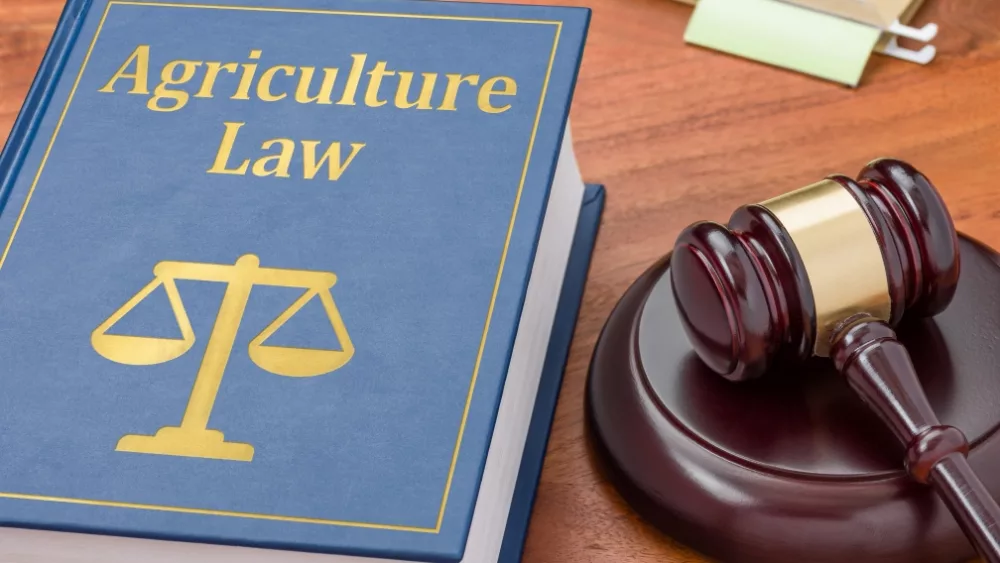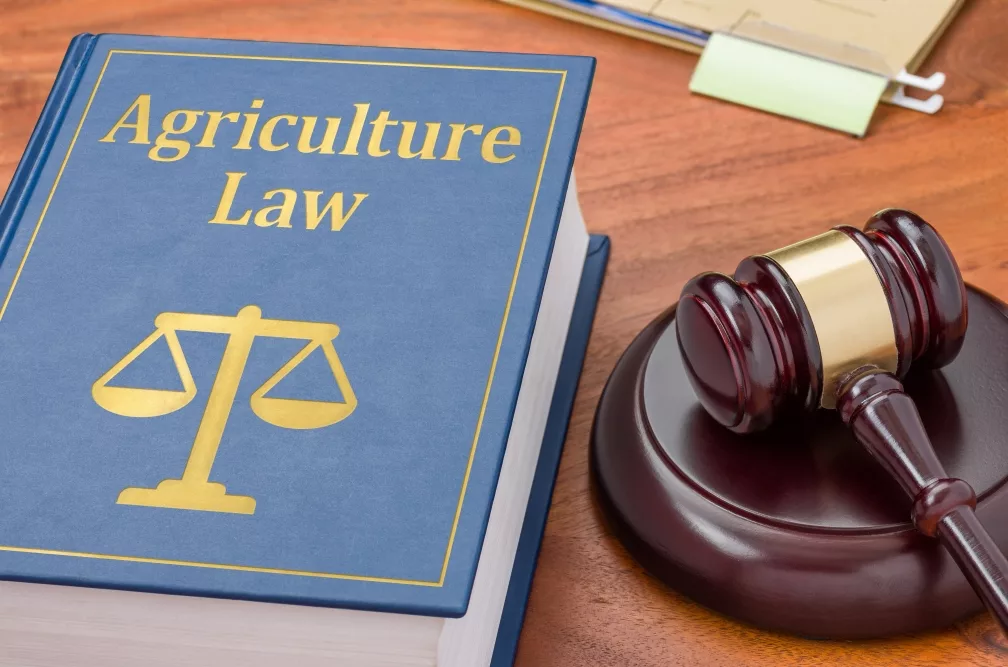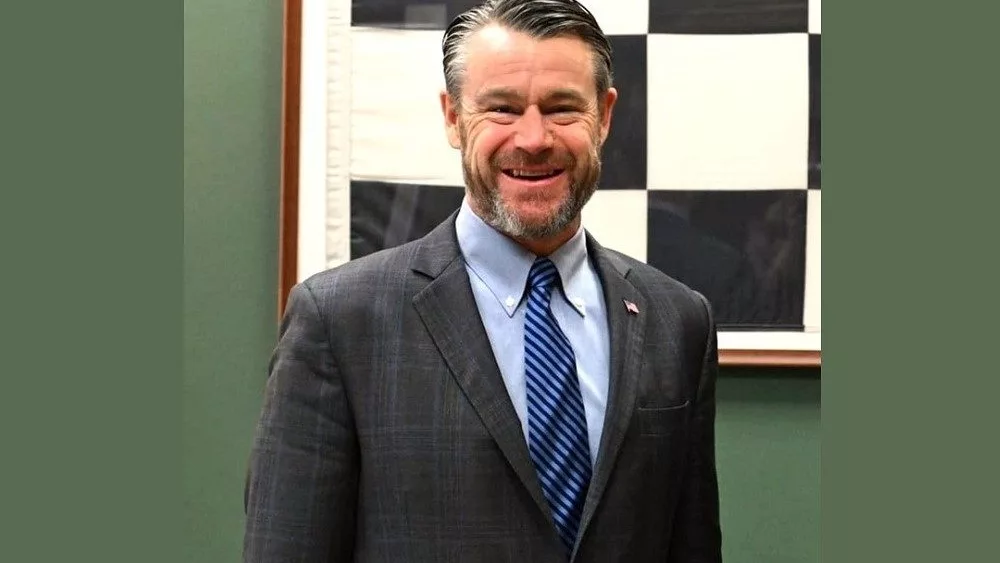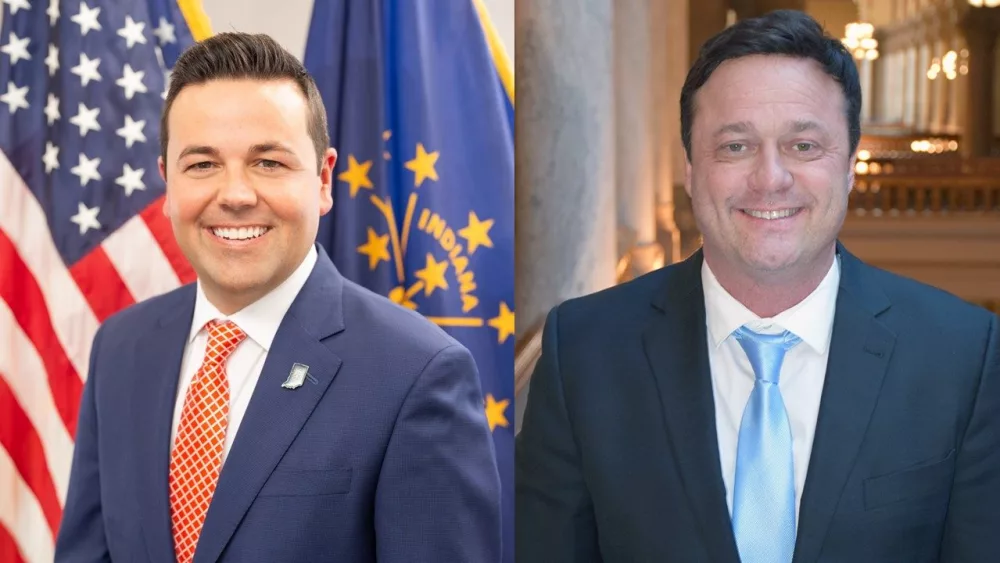Back in 1984, the U.S. Supreme Court delivered a landmark decision in Chevron USA, Inc. v. Natural Resources Defense Council, Inc. that gave government agencies, like the EPA, the leeway to make their own rules and statutes without Congressional approval. However, the U.S. Supreme Court heard two related cases earlier this week that could reverse the previous court’s decision from 40 years ago.
Travis Cushman, deputy general counsel for litigation and public policy with the American Farm Bureau Federation, explains the premise of the Chevron Deference doctrine, a little-known legal policy with big effects on agriculture.
“What it does is it instructs courts to defer to a federal agency’s interpretation of a legal statute. Unfortunately, what it has done, in practice, has led to the creation of a super branch of government and the burgeoning of the administrative state. What happens is federal agencies are able to interpret and craft the laws as they see fit without input from Congress or the role of the judiciary in providing a check on federal agencies.”
Cushman says the case could have pretty significant far-reaching impacts on how government operates, returning greater power to Congress and the courts, and making it harder for federal agencies to push their power.
“That means the governing agencies that regulate agriculture will have much less ability to arbitrarily enact laws they shouldn’t be doing, including many key environmental statutes like the Clean Water Act and Endangered Species Act.”
Oral arguments on the doctrine were heard in the U.S. Supreme Court in the two related cases on Wednesday, Jan. 17: Loper Bright Enterprises v. Raimondo and Relentless, Inc. v. Department of Commerce. A decision from the court is expected sometime before the end of the court’s term in late June or early July.
Source: NAFB News Service






